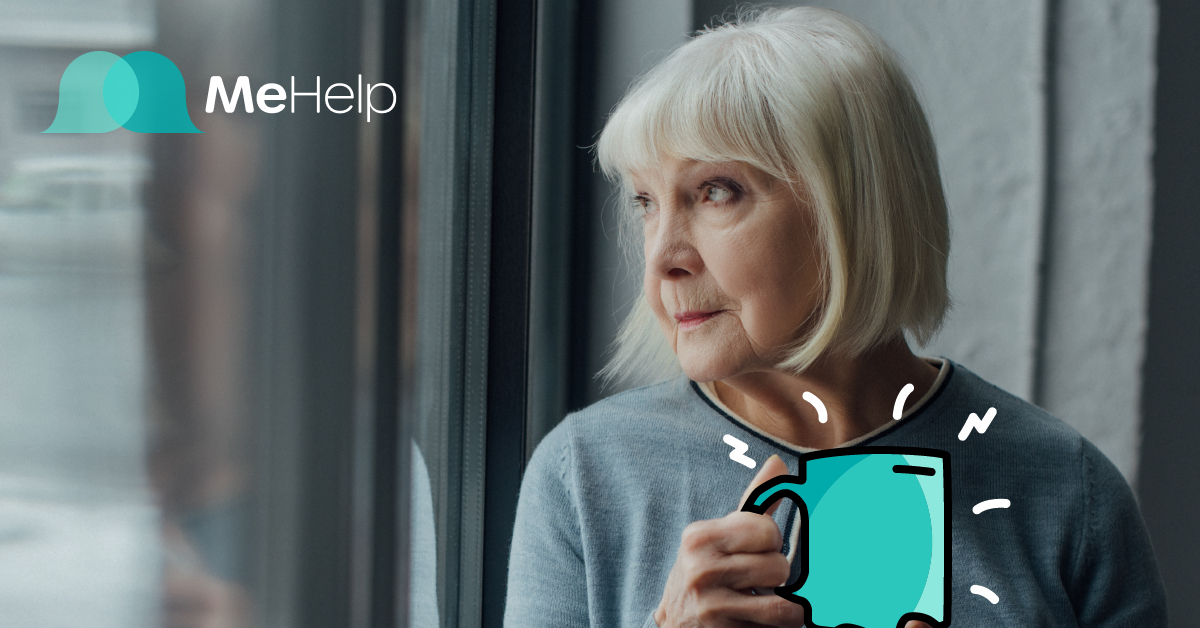Gender and Sexual Identity: Explore, Affirm and Support Who You Are
Gender and sexual identity are fundamental parts of who we are. They shape how we see ourselves, how we relate to others, and how we experience the world. These identities exist along diverse spectrums and include how we experience gender, who we are attracted to, and how we form emotional or romantic connections.
For many Australians, exploring or affirming their gender or sexual identity is an empowering process. For others, it can be complex or challenging, particularly when faced with misunderstanding, discrimination or internal conflict. At MeHelp Psychology, we provide a safe and affirming space for people of all identities to explore who they are without fear or judgement.
What is Gender and Sexual Identity
Gender identity refers to an individual’s deeply held sense of being male, female, both, neither or somewhere along the gender spectrum. It may or may not align with the sex assigned at birth.
Sexual identity refers to who someone is emotionally, romantically or sexually attracted to. This may include identities such as heterosexual, lesbian, gay, bisexual, pansexual, asexual or queer.
These identities are not fixed for everyone. Some people experience fluidity across time or may not identify within traditional categories.
Common Experiences and Challenges
While being part of a diverse gender or sexuality community is not a mental health concern in itself, the social experiences that often accompany it can impact emotional wellbeing. These may include:
- Internal confusion or uncertainty about identity
- Stress related to coming out or fear of rejection
- Experiences of bullying, discrimination or exclusion
- Feelings of isolation or not fitting in
- Family conflict or lack of support
- Anxiety, depression or low self-esteem linked to stigma or minority stress

Affirming and Inclusive Language Matters
Respectful language and inclusive practices make a significant difference. Using correct pronouns and chosen names, avoiding assumptions about relationships or identities, and affirming a person’s experience fosters a safer and more supportive environment.
Myths about Gender and Sexual Identity
Myth: Sexuality is a choice
Truth: Research supports that sexuality is not a conscious decision. It is influenced by a combination of biological, psychological and social factors.
Myth: Children are too young to understand gender
Truth: Many children have a clear sense of their gender identity by early childhood. Listening and supporting them fosters healthy development and self-worth.
Myth: Therapy can or should change someone's gender or sexuality
Truth: So-called conversion practices are harmful, unethical and illegal in many parts of Australia. Affirmative therapy supports people to understand and accept themselves.
Why Seeking Support Matters
Navigating gender or sexual identity can be empowering, but it can also come with challenges. Support from a trained professional can:
- Help clarify and affirm your identity
- Provide a safe space to explore feelings without judgement
- Support with coming out or navigating relationships
- Address co-occurring challenges like anxiety, shame or trauma
- Assist families in understanding and supporting their loved ones
How MeHelp Psychology Can Assist You
We are committed to providing inclusive, safe and affirming psychological care for people of all sexualities and gender identities. Our services include:
- Gender identity exploration and support
- Affirmative therapy for LGBTQIA+ clients
- Support for adolescents, young adults and families
- Counselling for coming out, relationship stress or identity-based trauma
- Assistance with referrals for gender-affirming medical care if requested
- Collaborative support planning for schools, workplaces or healthcare settings
Real-Life Example
Alex, age 22, began therapy after struggling with anxiety and disconnection. Through sessions with a MeHelp psychologist, Alex explored their non-binary identity and processed fears around family acceptance. With support, Alex felt more confident to come out, accessed a local LGBTQIA+ support group, and reported improved wellbeing and emotional resilience.

Practical Steps You Can Take Today
- Reflect on what feels true for you, without pressure to label or define right away
- Seek connection with inclusive communities or online forums
- Use affirming language when speaking about yourself or others
- Educate yourself on gender and sexual diversity using reputable resources
- Access mental health support if you are feeling overwhelmed, isolated or unsafe
- Encourage open and respectful conversations with family or friends when ready
Frequently Asked Questions (FAQs)
Is exploring gender or sexuality a phase
Not necessarily. For some people it is a period of questioning, while for others it is a process of self-discovery. All experiences are valid and deserve respect.
Do you work with teenagers or parents navigating gender and sexuality
Yes. We provide support for both young people and their families, including psychoeducation, communication strategies and family-based therapy.
Is therapy confidential
Yes. All sessions are confidential within legal and ethical limits. We provide a safe space for exploration without judgement.
Take the First Step
Your identity is valid. You deserve to feel seen, respected and supported. Whether you are questioning, affirming or simply seeking a space to talk, MeHelp Psychology is here for you.
Book your first session today and take the next step toward clarity, confidence and connection.
Are you ready to speak to an online psychologist?
Our caring team are ready to help you. Contact us today to book your 15-minute consultation (at no cost, and no obligation) at a time that is convenient to you. You can be speaking to a psychologist online quickly.
Get Started